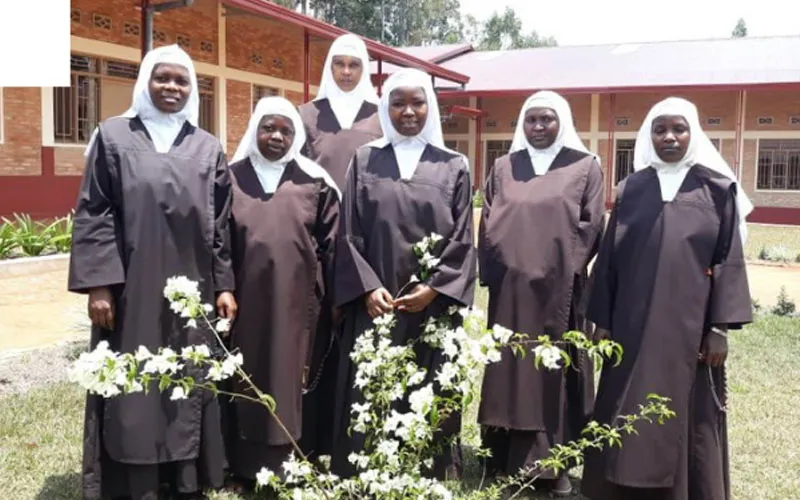She said that Carmelite Sisters in the country have been able to strengthen the education of the children and young people, and adds, “The families greatly appreciate the presence of our community, not least because they find here a special meeting place, especially at weekends.”
She narrated that from Saturday onwards, children, young people and adults gather at the community for religious instruction, talks about faith or to prepare for the Sunday Eucharistic celebration.
Other people, she says, gather before the celebration of Holy Mass on Sunday, and that many others stay on after the Eucharistic celebration to share time with the Sisters and the other families.
“Given the lack of sporting or cultural activities in the region, the people take great pleasure in this opportunity to meet together,” the Catholic Sister says.
She says that the people’s suffering and the desire to see a reconciled nation gives them the strength to soldier on.
(Story continues below)
“Even in the most difficult periods this country has experienced, we have not given up, but rather found still greater strength. We have continued to work for reconciliation. We go out to meet the material needs of the people, helping the sick, welcoming refugees, supporting all these people in their sufferings. All these activities have motivated us to intensify our prayers and to pray above all for reconciliation in this country,” she says.
She says that in the midst of all the work, the Carmelite Sisters still manage to strike a balance between serving the people and maintaining a contemplative life.
“We were convinced that contemplative life is a way of responding to the task of reconciliation in this country. Nevertheless, in the face of the many, many needs we encountered, the great challenge we faced was undoubtedly that of not neglecting our life of prayer,” the Carmelite Missionary Sister says.
“During the day we have many powerful moments devoted to prayer, above all in the morning and night-time, although we also pause at midday to pray together. The contemplative life continues to be a response on behalf of the Church and the world,” she says, and adds, “For us prayer is the food which enables us to continue providing the spiritual and material support that people need. At the same time, for us it is a moment of physical and spiritual renewal.”
ACN International reports that the Carmelite Sisters of the Infant Jesus are being regularly supported by charity foundations so that they continue their apostolate, notably with the construction of a chapel and a house for their Sisters in Bujumbura, the economic and commercial capital of Burundi.
Agnes Aineah is a Kenyan journalist with a background in digital and newspaper reporting. She holds a Master of Arts in Digital Journalism from the Aga Khan University, Graduate School of Media and Communications and a Bachelor's Degree in Linguistics, Media and Communications from Kenya's Moi University. Agnes currently serves as a journalist for ACI Africa.








